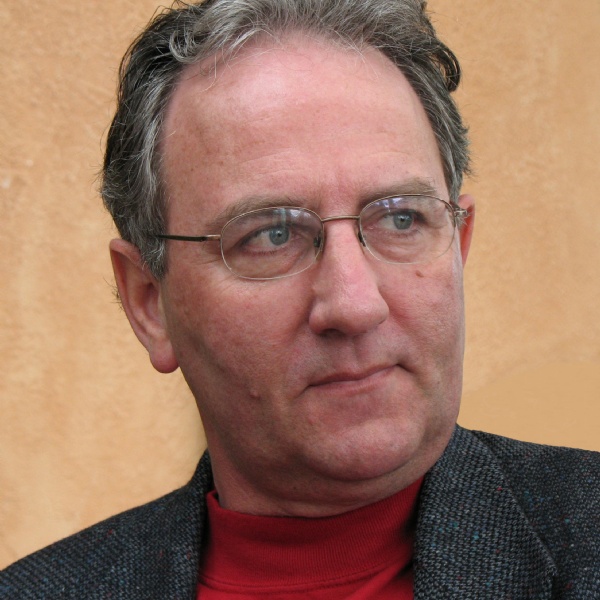Mitochondria are not as robust as other cellular components, and may wear out first, triggering cellular degeneration and inflammation. The electron transport chain releases free electrons and oxygen in and around the mitochondrial membranes. Oxidative stress is extremely high. Mutations occur in the unique bacteria-like mDNA, and the genetic repair systems are less robust in mitochondria than in the nuclear chromosomal DNA. Mitochondropathies are at the root of many degenerative and inflammatory diseases, from fibromyalgia to cancer. Most neurological diseases, dementias, neuropathies, cardiovascular aging, metabolic disorders and other chronic illnesses are caused by mitochondrial failure or failure to regenerate lost mitochondria (biogenesis). Excess dietary energy intake, particularly the modern intake of sugars and starches, keeps mitochondria in over-drive. Diets that emphasize refined foods are deficient in antioxidants and methylation resources relative to a whole foods and primarily plant-based diet. Metabolic imbalances influence epigenetics, and mitochondrial genetics and energetics and are put at risk. Prevention requires whole foods such as olive oil, lemongrass, berries, grapes, pomegranate, apples, chili peppers, onions, garlic, the entire cabbage family (Brasssicas), green leafy vegetables such as spinach and kale, seafood and whole grains. Pesco-vegetarian, Mediterranean and organic dietetics will be reviewed. A newly discovered botanical to inhibit hexokinase II will be introduced.
Nutraceuticals of interest to discuss are alpha lipoic acid, thiamine, L-carnitine, Co-enzyme Q-10, D-ribose, niacinamide, gamma tocopherol, taurine, resveratrol, quercetin, grapeseed extract, glutathione and L-glutamine. Nutrition is key to protecting, healing and replacing mitochondria, and therefore central to treating chronic illness.
Learning Objectives:
- Understand the unique biology of these organelles.
- Discriminate the dietary causes of mitochondrial stress and protective dietary measures.
- Recognize the scope of illness that can result from mitochondropathy.
- Recognize the nutritional requirements for mitochondrial resuscitation and biogenesis.
- Return to clinical practice with effective prevention strategies and naturopathic therapies applicable to virtually all chronic degenerative disorders.
CE credits
Canadian Residents: Category A: General- 1.0 credit
OANP: General- 1.0 credit
AANP: General- 1.0 credit

Dr Neil McKinney, BSC, ND, NATUROPATHIC PHYSICIAN (NON-PRACTICING)
Dr McKinney graduated from Simon Fraser University with a degree in Biosciences and had a career in biophysical (radiation) cancer research. Studied kinesiology at the University of Waterloo. Graduated as a Doctor of Naturopathic Medicine from National College of Naturopathic Medicine in 1985. Concurrently trained 3 years in TCM at the Oregon College of Oriental Medicine.
Dr McKinney has had many teaching roles, from lab instructor in microbiology at University of Victoria, and National College of Naturopathic Medicine (now NUNM), at schools of traditional Chinese medicine, massage therapy, and finally as a professor at Boucher Institute of Naturopathic Medicine (BINM). Served many roles in the regulation and advancement of the profession, including Registrar of the BC College of Naturopathic Physicians www.cnpbc.bc.ca and accreditation evaluator for the Council on Naturopathic Medical Education www.cnme.org Founded the BC Naturopathic Association www.bcna.ca and the Boucher Institute of Naturopathic Medicine www.binm.org Founding professor of Naturopathic Oncology, now retired. Author of several editions of textbooks of naturopathic oncology, clinical handbooks, and research review articles. Mentors and lectures to doctors internationally; contributes to publication for professionals and the public. He has received a number of awards for contributions to advancing the scope and standards of the naturopathic profession.
Dr McKinney’s skills include nutrition as medicine, traditional Chinese medicine, botanical medicine, homeopathy, and therapeutic injections, but has now moved to non-practicing status. Dr McKinney had prescribing authority for common pharmaceutical medicines used in general practice and cancer care. Now retired from decades of practice with a focus on integrative oncology, he is actively engaged in cancer research, professional education, and publishing.

